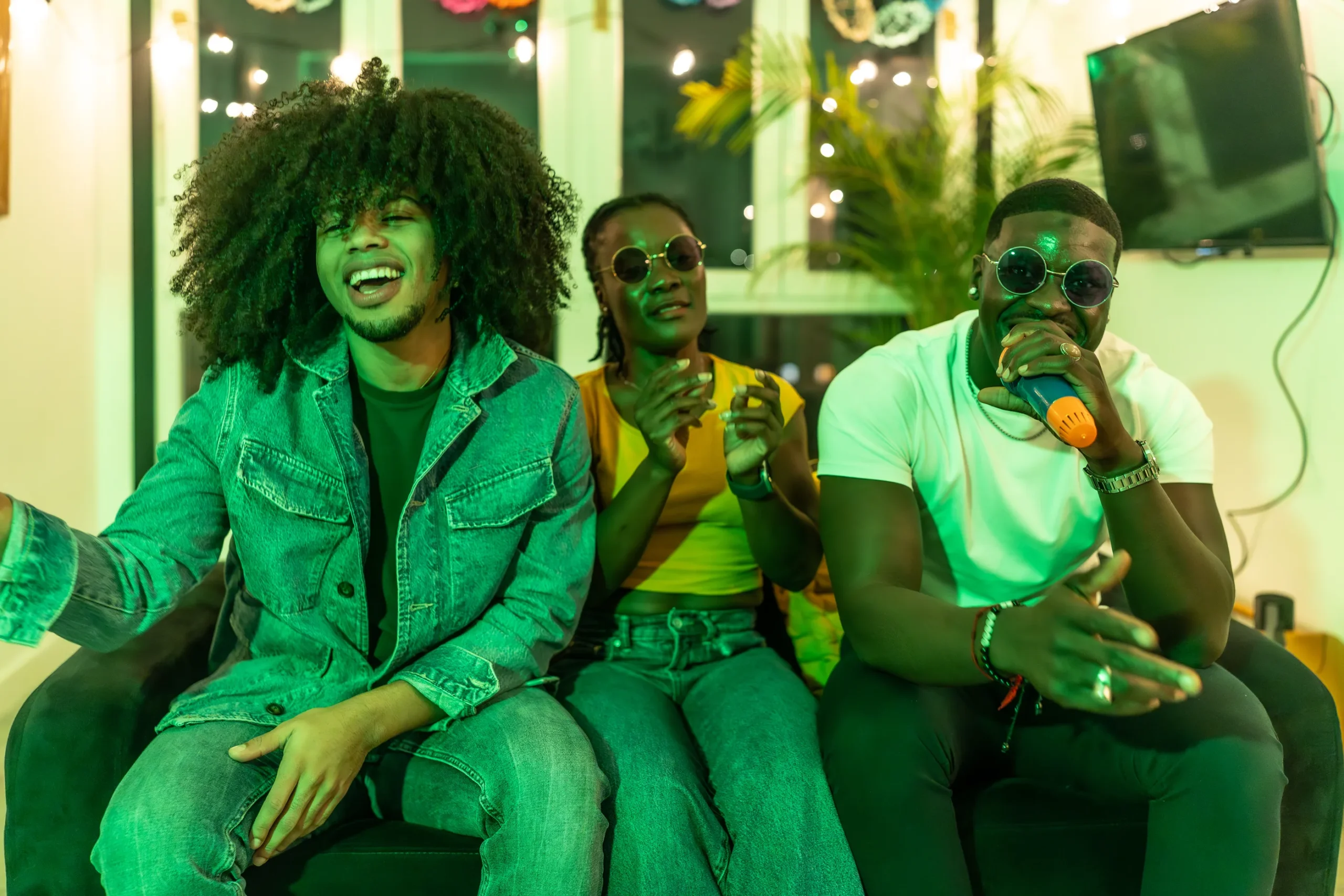Afrobeats music has become one of the most prominent and influential genres worldwide in recent years. Originating from West Africa, this genre fuses traditional African rhythms, jazz, funk, highlife, and disco. Though the genre began with political and social messages embedded in the lyrics, it has since moved into what could simply be described as feel good music, which, for better or worse, has led to it’s dramatic rise in popularity. The genre’s global success has garnered attention from mainstream music industries and artists worldwide, contributing to its widespread appeal. However, as Afrobeats continues to rise in popularity, a difficult question arises, one that many genres prior have had to answer. Is there a need to gate-keep afrobeats in an effort to preserve its authenticity and protect it from exploitation?
The impact of Afrobeats in Africa has been profound, with the genre providing a voice for the voiceless and highlighting the rich cultural heritage of the continent. Artists like Fela Kuti, who pioneered Afrobeat in the late 1960s, used the genre as a platform to challenge government corruption, fight for human rights, and promote Pan-Africanism. His political activism, combined with his distinctive sound, inspired generations of African musicians and activists. The genre has become an outlet for African youth to express their struggles, dreams, and aspirations in the face of socio-political challenges, making it an integral part of contemporary African culture.
Afrobeats’ influence has also transcended Africa, with its infectious rhythms and compelling narratives catching the attention of global audiences. Artists like Burna Boy, Tems, Wizkid, and Tiwa Savage have made significant contributions to the genre’s international success. Burna Boy’s Grammy-winning album Twice As Tall epitomizes the fusion of Afrobeat with global sounds, reaching listeners across continents and showcasing African excellence on a global stage. Afrobeats’ worldwide influence has fostered cross-cultural collaborations, with artists from various genres embracing the sound, further cementing its place in global music.
However, as Afrobeat grows in popularity, the risk of the genre being diluted or exploited by those who do not fully understand its roots becomes more apparent. Hip-hop, a genre that similarly emerged from marginalized communities in the United States, offers a cautionary tale of how a genre can lose its authenticity when exploited by outsiders. Hip-hop began as an expression of Black culture, giving voice to disenfranchised youth, but as the genre grew commercially, it was increasingly co-opted by mainstream industries. Many of hip-hop’s original messages—focused on struggle, resistance, and empowerment—were overshadowed by commercial interests, and the genre was often reduced to mere entertainment for profit-driven entities, stripping it of its cultural significance.
This potential for exploitation exists in Afrobeats, particularly as Western artists and record labels show increasing interest in the genre. There is the risk that, without strong gatekeepers within the Afrobeats community, the genre could become overly commercialized, losing the cultural authenticity that make it so special. Artists who are not connected to the African experience could produce superficial tracks that only mimic the sound without understanding its deeper significance, undermining the genre’s core identity. To maintain the integrity and authenticity of Afrobeats, it is crucial to establish a community of gatekeepers—artists, producers, cultural historians, and fans—who have a deep understanding of the genre’s roots. These gatekeepers can help ensure that Afrobeats’ evolution respects its foundations, acknowledging its history, influences, and the struggles that shaped it. One of the key roles of these gatekeepers would be to ensure that Afrobeats is not commodified in a way that divorces it from its original purpose: to serve as a platform for African voices and culture, and activism. These gatekeepers can also play a pivotal role in guiding collaborations with international artists, ensuring that such collaborations are authentic and respectful of Afrobeats’ roots.
Additionally, the Afrobeats community can help preserve the genre’s authenticity by fostering collaboration with African producers, songwriters, and performers, rather than relying on outsiders who may not fully grasp the culture’s nuances. This would ensure that Afrobeats remains in the hands of those who live and breathe the culture, allowing the genre to remain a true reflection of African identity. Moreover, promoting Afrobeat education through workshops, documentaries, and cultural events could help deepen global listeners’ understanding of the genre’s significance, preventing it from being diluted by surface-level exposure.
Hopefully, by keeping the genre’s core messages intact, Afrobeats can resist being reduced to just another commercial trend, ensuring that it continues to resonate deeply with African and global audiences alike. Through active gatekeeping, Afrobeat can evolve while staying true to its origins, offering a powerful platform for social change and cultural expression in the years to come.

